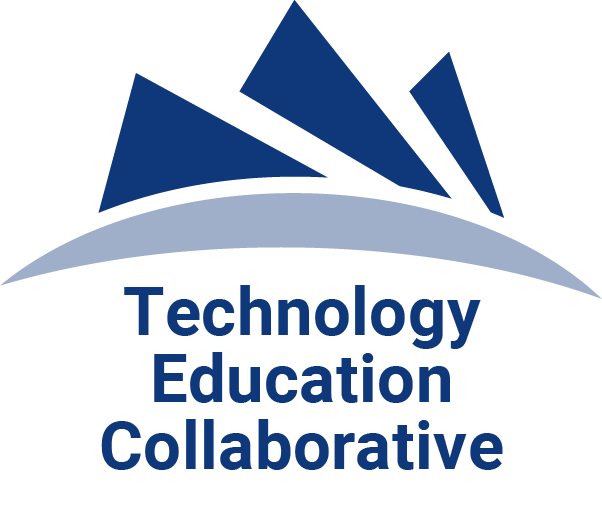Tech Law And Policy Year In Review
This article is from our AZ Tech Law & Policy Newsletter - covering technology law and policy news that directly impacts Arizonans.

Welcome to the AZ Tech Law & Policy Newsletter
This newsletter covers tech policy and legislation that directly impacts all Arizonans. The guiding principle for covering something will be impact on Arizona residents as opposed to business and economic development concerns (though we’ll examine those as well).
Generally, unless an issue is something the TEC Board of Directors unanimously agrees is worth issuing a statement about, this publication aims to inform without offering an opinion.
However, information on how to rabble rouse on a state and municipal level will be included in a standing section at the bottom of this newsletter. Relevant information on contacting county or federal officials, such as submitting an opinion to the FCC or a county supervisor, will be included when applicable in that specific article.
Whether you read this newsletter to stay informed or choose to advocate is up to you.
If you want to have a civil, respectful discussion about these topics, you can join our Discord server.
Since this inaugural edition of AZ TEC Law & Policy is published after the state Legislature has (finally) adjourned, we’ll use this issue to get you caught up on some of the biggest tech news from 2023. Some of it may be “old” news, but since the programs still exist we’re telling you about them anyway.
[City of Phoenix] Phoenix Receives $700,000 Federal Grant to Close the Digital Divide
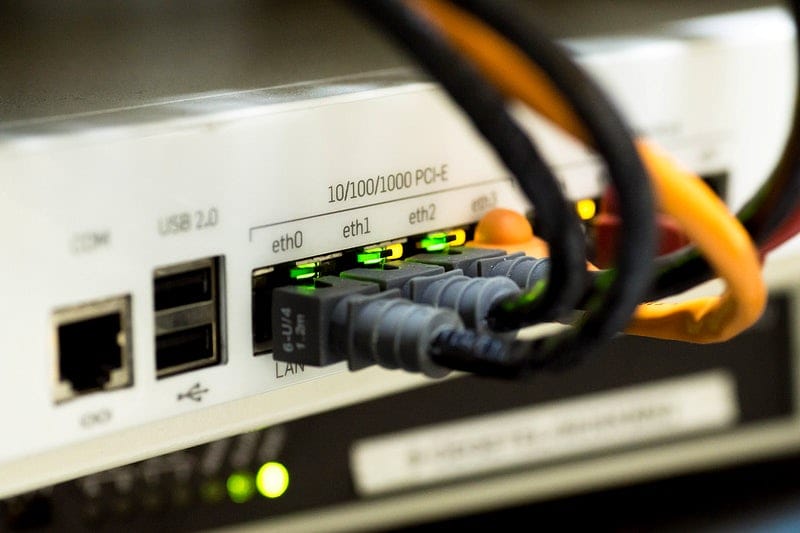
Phoenix residents unable to afford high-speed internet access, or the technology needed to use it, can get online thanks to a $700,000 Federal Communications Commission grant awarded to the city in May.
The federal funds are part of the FCC’s Affordable Connectivity Program. Program participants receive up to $30 per month off their internet service bill. Households on qualifying tribal lands, often located in rural areas where high-speed access is more expensive, may receive $75 per month.
A discounted internet bill isn’t very useful if you can’t afford the tech to get online, however. Recognizing that not uncommon problem, the program also offers a one-time discount of up to $100 to purchase a laptop, desktop computer, or tablet from participating providers. The household receiving the discount does have to pay more than $10 and less than $50 of the device’s purchase price.
Household incomes at or below 200 percent of the federal poverty guidelines qualify for the program, but so does anyone who meets a huge range criteria as well. Eligible applicants include anyone on a free-lunch program at a public school, Medicare recipients, Lifeline recipients, or people on SNAP, WIC or who receive SSI. Qualifying tribal lands residents may also be eligible.
To apply for the program, visit getinternet.gov/apply.
To find out if your internet service provider participates, visit https://cnm.universalservice.org.
Even if you don’t need this assistance, if you think your area ISP should participate in the program, reach out and ask why they don’t.
And remember, if someone you know may need this program they might not have the tech or access to apply. Or, they may find filling out the form daunting. It never hurts to share information or offer to help.
[City of Phoenix] No Competition for $35 million IT Contract
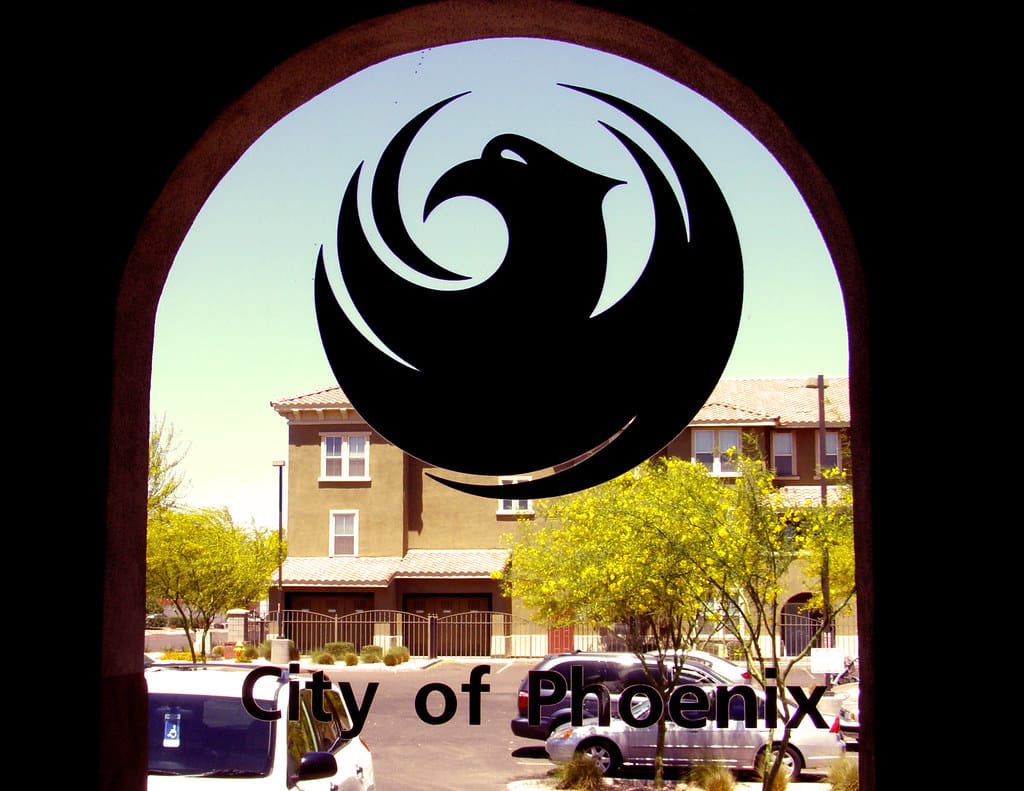
How much does it cost to provide IT services to the fifth-largest city in the country? Based on the Phoenix City Council’s recent approval of a contract with CDW, LLC, dba CDW Government, LLC, and SHI International Corp, the answer is up to $35 million.
The companies will provide “information technology services and solutions for Citywide use,” according to the agenda (see item 35 on page 99). The contract was approved at the the November 1 regular formal meeting.
The contractors will provide equipment such as desktops, laptops and other peripherals. Service support will include “analysis, design, installation, and technical support.”
Normally it’s standard for a lucrative government contract like this to undergo a competitive bidding process. According to the meeting materials, however, the “standard competition was waived as a result of an approved determination memo due to special circumstances, being that there is no alternative competition.”
Fair enough, but that does beg the question as to why. Was it the contract criteria? A dearth of companies able to provide services at competitive prices? A bidding process that precludes competitors or favors only well-established companies, keeping nascent tech providers from fairly competing? It’s difficult to determine based on the information given.
Still, that doesn’t mean the contract was rubber stamped. The city’s finance department worked with its in-house IT department and reviewed a number of similar cooperative contracts. Apparently, Mesa’s Omnia Partners Cooperative Agreement offered the best guide for Phoenix as “it included the best discounts on key products that the City will be purchasing and provided the most comprehensive list of options.”
The Phoenix contract began in November 1, 2023 and will be in effect until February 28, 2025 with a one-year extension option.
[Arizona State Legislature] Proposed State Cryptocurrency Legislation Fails to Become Law… But Will Likely Be Back
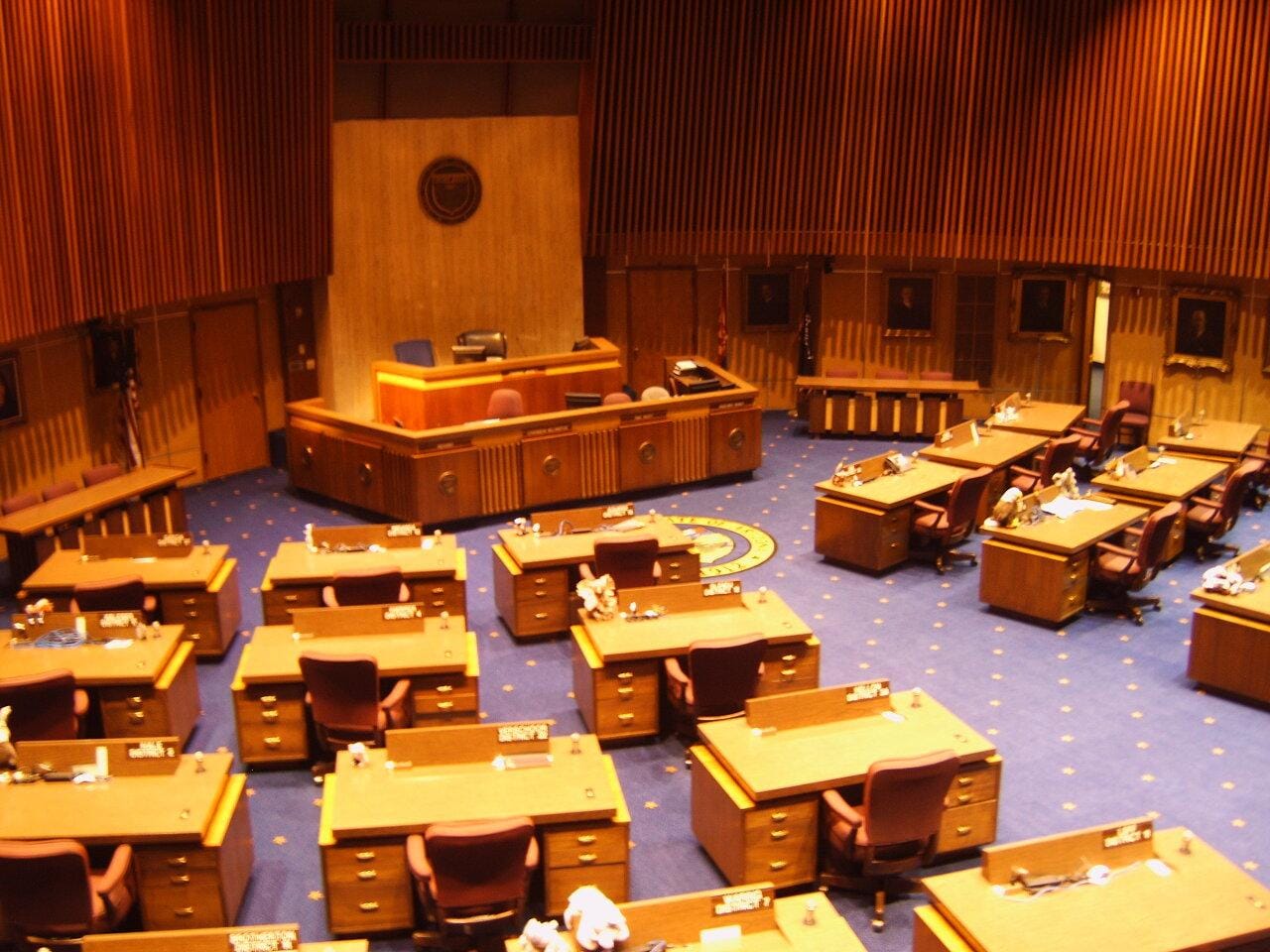
Several cryptocurrency bills failed to become law during last year’s state Legislature session.
Which doesn’t mean much, as these policy proposals will likely be back, in one form or another, next session.
We’ll keep an eye out for legislation similar to last session’s proposals, which are listed below, so stayed tuned to this space for more on Arizona and crypto.
SB 1236 Wendy Rodgers (R-7) proposed this bill, which was part of a passel of bills, that essentially would ban all Arizona cities from taxing blockchain technology. It was ultimately vetoed by Gov. Katie Hobbs.
SB 1341 Also introduced by Sen. Rodgers, this bill wanted to make Bitcoin (BTC) legal tender in the state.
SB 1493 Another Rodgers bill –perhaps in case SB 1341 failed? – this legislation would enable public entities like public school districts, cities, towns and the state government, to pay contractors or employers in Bitcoin (BTC) upon request.
At first blush, that seems to make sense – after all, income is taxed at the federal level so once cryptocurrency is converted into USD it would ostensibly be taxed accordingly.
However, taxation gets a bit more complicated when it comes to cryptocurrency because of crypto miners. Crypto miners essentially run a business in which the cryptocurrency is their assets or, for lack of a better term, “inventory.”
Being a digital asset, this means a minor’s crypto isn’t claimed the same way other businesses must claim inventory. Mined cryptocurrency is also not taxed at point of purchase since it’s not purchased as such per se.
To learn what current state laws govern cryptocurrency in any state, check out this handy guide.
[Phoenix Metro Valley] Data Centers Abound… but Mesa Has Second Thoughts

The Phoenix metro valley has been a data center hub for nearly 10 years, and there’s no signs of that slowing down.
Mesa, however, is having second thoughts.
In 2019, Mesa gave Google a $19 million in tax incentives to become home to Google’s $600 million, 687-acre data center. Ground broke on the project in September. And that’s just one of 15 data center projects for Mesa.
Still, Mesa officials are reportedly questioning the ROI on investments that, though useful, do not create jobs and consume a substantial amount of resources, especially water.
Meanwhile, Avondale is anticipating five Prime data centers that will sprawl across 66 acres. The company cited the Valley’s low risk of natural disaster, low energy costs and a good quality of life as their incentive for choosing to locate in Avondale.
[Arizona] Arizona Receives Nearly $1 Billion of Federal Funds to Increase Broadband Access
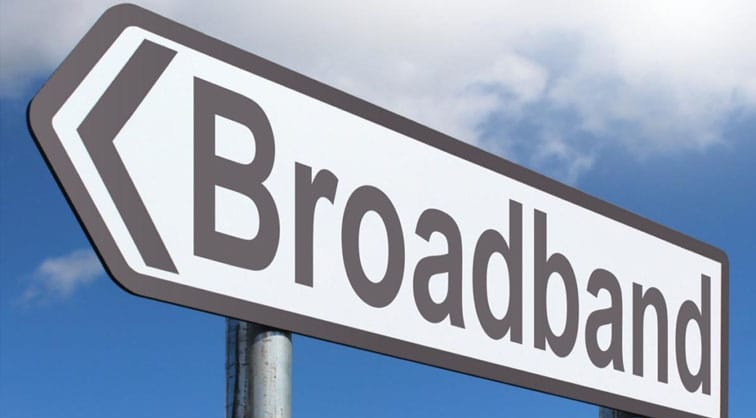
Arizona received nearly $1 billion of federal funds in June to work on solving its long-standing issues of getting broadband access to rural areas of the state.
The federal funds come from the Broadband Equity, Access and Deployment (BEAD) program which in turn falls under Bipartisan Infrastructure Law passed in 2021.
States that use BEAD funding must match 25 percent of the federal funds spent. The 2024 Arizona state budget passed by Legislature sets aside $23 million in a Rural Broadband Accelerated Match funds for that purpose.
The state-level funds and program implementation will be managed by the Arizona Commerce Authority.
In the same vein, it’s worth noting Arizona businesses in rural areas may qualify for the U.S. Department of Agriculture’s ReConnect Grand and Loan program.
Arizona was awarded $17.1 million of federal funding from the program in October last year. Individuals are not eligible for the ReConnect program, which is specifically meant to bring high-speed internet access to rural communities.
How To Talk to the Government
State Legislature
- Register for the state Legislature’s Request to Speak system. This allows you to indicate approval or disapproval for bills with a thumbs up or thumbs down or, alternately, submit a written comment. You can also request to speak in person. You’ll also want to bookmark this list of acronyms if you’re new to the system.
- Go down to the Capitol in person and complete registration at one of the kiosks. The kiosk is located in the State Senate, House of Representatives buildings at:
1700 W. Washington St Phoenix, AZ 85007
Is having to visit a government building during the week during business hours a ridiculous obstacle to participating in the public policy process? Yes, yes it is.
Phoenix City Council
Speaking at or submitting a comment for a Phoenix City Council meeting is also a bit cumbersome.
You must register online to comment at least two hours prior to the formal meeting, inconveniently held at 2:30 p.m. on a Wednesday. Also, the Phoenix City Council hashes things out during its Policy Meetings, which are held separately, on a different day, from their Formal Meetings The Formal Meetings are where all the things figured out at the Policy Meeting get voted on and adopted so if you really want to follow or rabble rouse on a specific issue, it is often best to attend both.
- Go to this web page: https://www.phoenix.gov/cityclerk/publicmeetings/city-council-meetings
- Scroll down a bit. Locate the meeting you’re interested in.
- Click the Comment icon to request to speak in person at the meeting or the keyboard icon to submit a written comment.
Comment in person:
a. Click on the dialogue bubble icon.
b. Find the agenda item you want to comment on and fill out the form.
c. Arrive at the Chambers at least one hour early. Meetings are held at the uber-convenient time of 2:30 p.m. on Wednesdays. Because who doesn’t have the luxury of taking time off work to be a civic participant?
d. Go to the podium when called and speak your peace within two- to three-minutes.
Submitting a Written Comment:
a. Clicking the keyboard icon will take you to a new page where you inexplicably must create an account on the “eComment system” at https://phoenix.granicusideas.com
b. Tediously scroll through the massive list of agenda items and locate the specific item you on which you wish to submit a written comment on
c. Submit your civil, respectful, insightful comment
d. Wonder why, exactly, there are time constraints on commenting prior to an item being called and also why, exactly, the creation of an account and acquisition of your information beyond a name was necessary
This newsletter, unless otherwise bylined, is written by TEC’s CEO & Co-Founder, Christina Eichelkraut, a formally educated and experienced print reporter.
When or if generative AI is used, full disclosure on its use and application will be appended to the article. Christina tends to write her own copy, so that will be pretty rare.
